Maintaining intimacy when you have prostate cancer can be challenging and discussing these issues with a partner or a physician can be uncomfortable, but it’s best to get it out in the open. Keeping your fears to yourself can quickly lead to a sense of anger, loneliness, or depression.
Prostate cancer and its treatments may contribute to difficulties in sexual satisfaction. You may experience lower levels of interest, trouble, or inability to achieve or sustain erections, body changes, fatigue, and incontinence. Rethink intimacy during this time – establish a connection by holding one another, dancing, making romantic gestures, or anything that feels emotionally, physically, and spiritually rewarding.
- It’s not just about you: Dealing with a cancer diagnosis, deciding on or undergoing treatment and trying your best to carry on as normal can be challenging for you and your partner. It may be better to work through this challenge together. You don’t have to do it alone.
- Talk to your healthcare team: As uncomfortable as talking about intimacy may be, your physician, social worker, nurse practitioner or another member of your healthcare team may be able to provide helpful guidance, support group suggestions, or educational materials.
- Brainstorm solutions: Intimacy may include giving your sexual partner permission to explore alternate ways to make you feel good. Talking to your partner about ways to enhance your sex life may help you find a new path to sexual satisfaction that is different from before, but satisfying for you both. Open dialogue and creativity are key.
- Be open: Your sexual life together may have an impact on your whole relationship. Being proactive and open to new ideas, whether advice from a friend, healthcare professional, couples counselor, or your partner, may help you as you deal with these issues. Being open can lead to new solutions.
For more information and tips on intimacy and your condition, please check out informative articles from AARP and the Prostate Cancer Foundation (PCF).



627f.png?itok=PoTlGU5W)